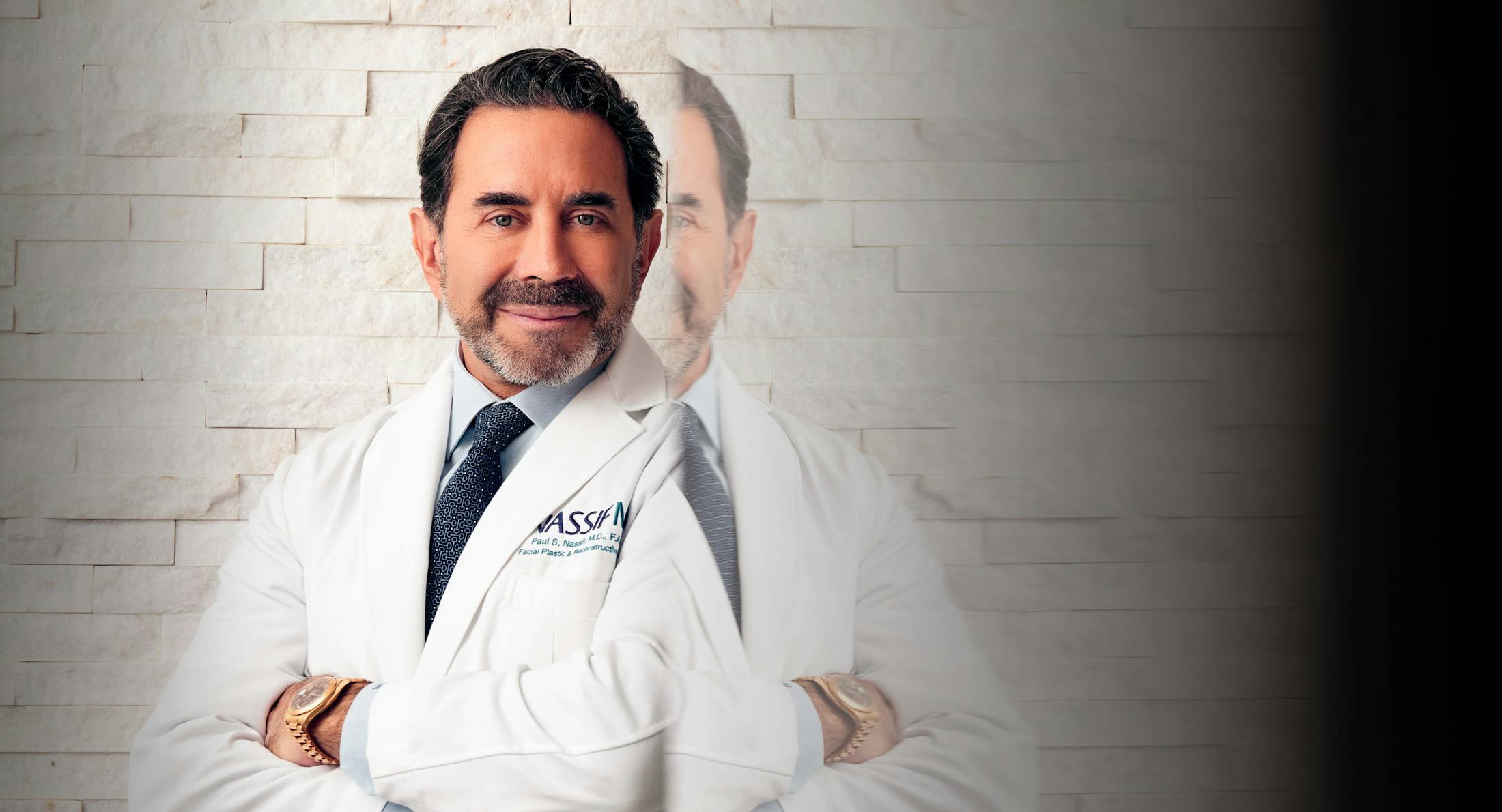Rhinoplasty is one of the most common cosmetic surgical procedures performed in the U.S. Figures show that the number of individuals seeking rhinoplasty and all other forms of plastic surgery rises each year. While the percentage of patients who are unsatisfied with the results of rhinoplasty procedures is very low, the increase in the number of procedures each year comes with a corresponding increase in the number of patients who are seeking revision surgery.
Approximately 5-12% of rhinoplasty patients experience problems and of those a large percent seeks revision rhinoplasty. Revision rhinoplasty is markedly more challenging and time consuming due to the formation of scar tissue and other unexpected results that come from altering natural structures and adding synthetic components like stints or grafts to the nose. Additionally, a number of patients seek rhinoplasty surgeons for a third or even fourth procedure, at which point the internal structures have been altered drastically and scar tissue will be far more difficult to deal with. A number of surgeons prefer to operate on only first time patients and will not perform revision procedures. Revision surgeons encounter far more obstacles than standard rhinoplasty surgeons. Revision rhinoplasty requires a fully trained and highly skilled surgeon who has ample experience and knowledge performingrevision procedures.
Some of the aesthetic problems that revision rhinoplasty specialists commonly encounter include conditions such as pinched tips, pinched nostrils, progressive nasal obstruction, and shortened, crooked, or twisted noses. But revision rhinoplasty specialists also have to deal with functional issues. If a surgeon fails to carefully take into account the underlying structures of the nose, procedures can result in airflow and breathing problems that did not exist before surgery. These are other issues commonly encountered by revision rhinoplasty specialists that can further lead to health and sleeping problems, and should be dealt with promptly.
While there are a large number of rhinoplasty surgeons who will attempt rhinoplasty revision, patients can always obtain better results by finding a dedicated rhinoplasty surgeon. A surgeon who distinctly offers revision services is more likely to understand how to deal with the results of previously unsuccessful procedures, and will be able to provide patients with better results. Interested patients should contact an experienced and dedicated rhinoplasty surgeon for an in person consultation, and to learn what can be done to correct the results of previous rhinoplasty procedures.

